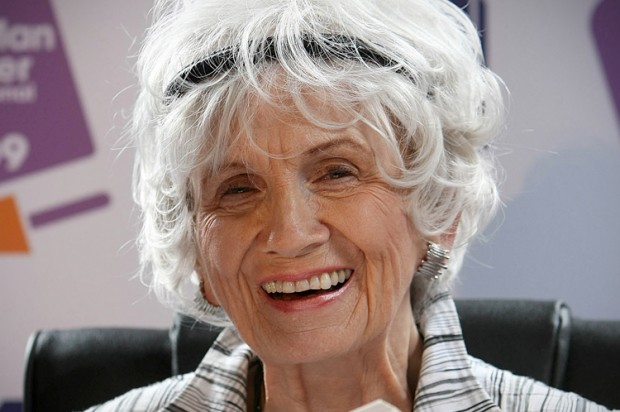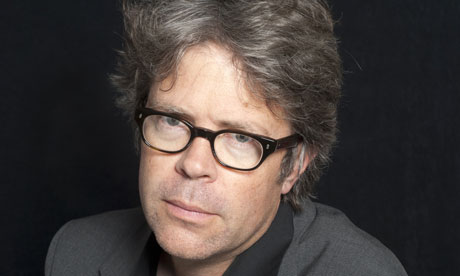Emily Matchar’s Homeward Bound articulates many of the thoughts that run through my head whenever I read a New York Times trend piece on urban chickens—a topic that reappears with surprising frequency. I get the romance of waking up at dawn to play farmer, but I grew up in a Midwest town lousy with farmers. So I’ve seen chickens. Now, some breeds of chicken might be beautiful, and some breeds might be especially tasty, but all breeds of chicken are two things: noisy and likely to shit everywhere. So if you’re in a NYC-sized space and you’re able to keep chickens without violating every imaginable health code, you must be spending thousands of dollars or thousands of hours cleaning up after your winged friends. Raising chickens isn’t so much a hobby then: it’s a career.
Which brings me back to Matchar. She may be a devotee of DIY lifestyle blogs, but she also acknowledges that many of the women running these blogs—who often pose as reformed professionals who’ve given up high-stress positions for more fulfilling lives in from-scratch homes—aren’t “regular” women at all. They’re talented professionals and brilliant marketers with valuable skills who’ve discovered that sometimes you can advance in the new freelance information economy by pretending you aren’t working at all.
Continue reading “Pay No Attention to the Entrepreneur Behind the Chickens”









